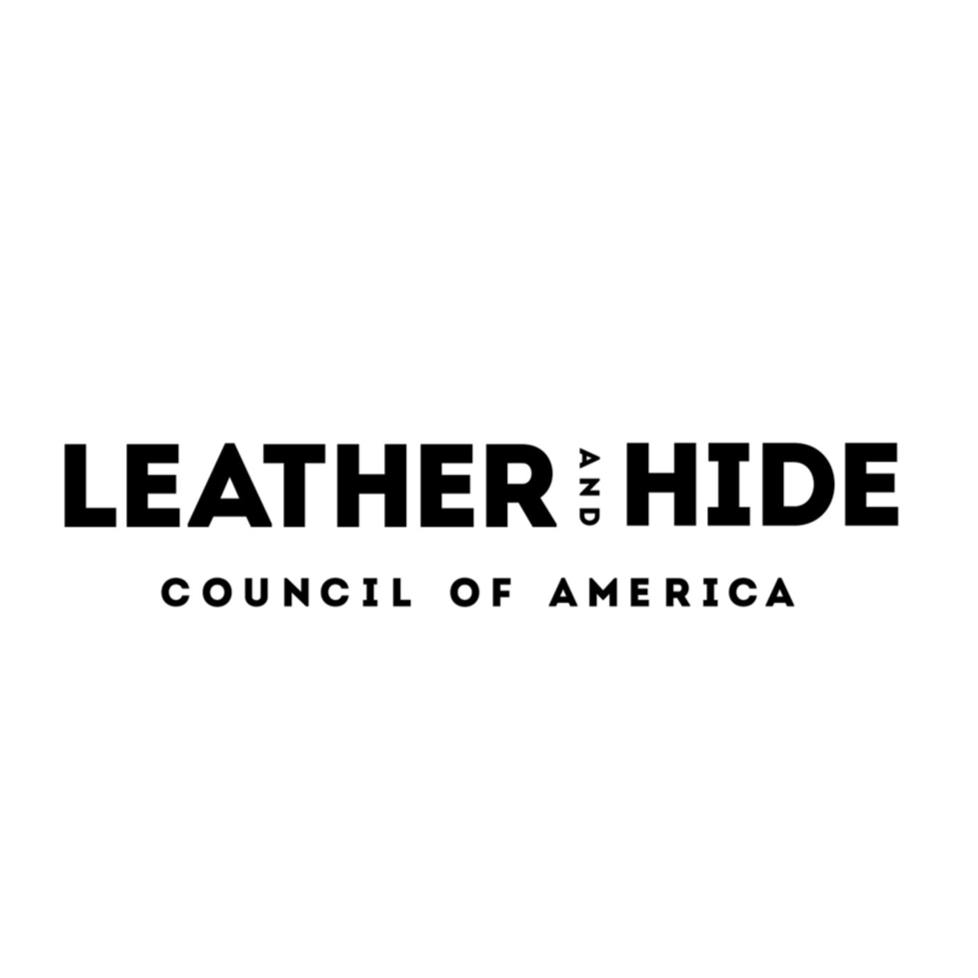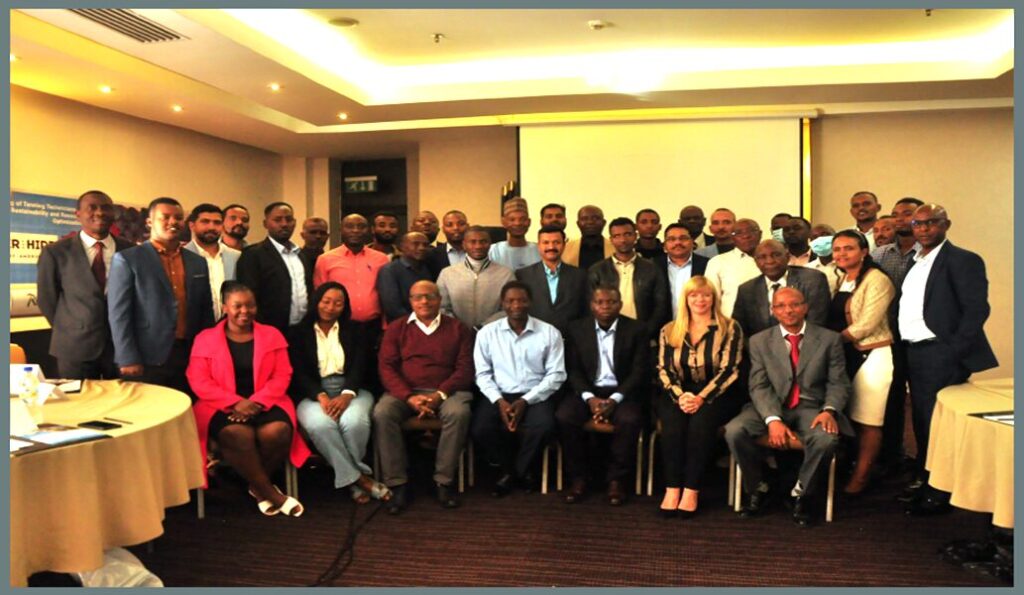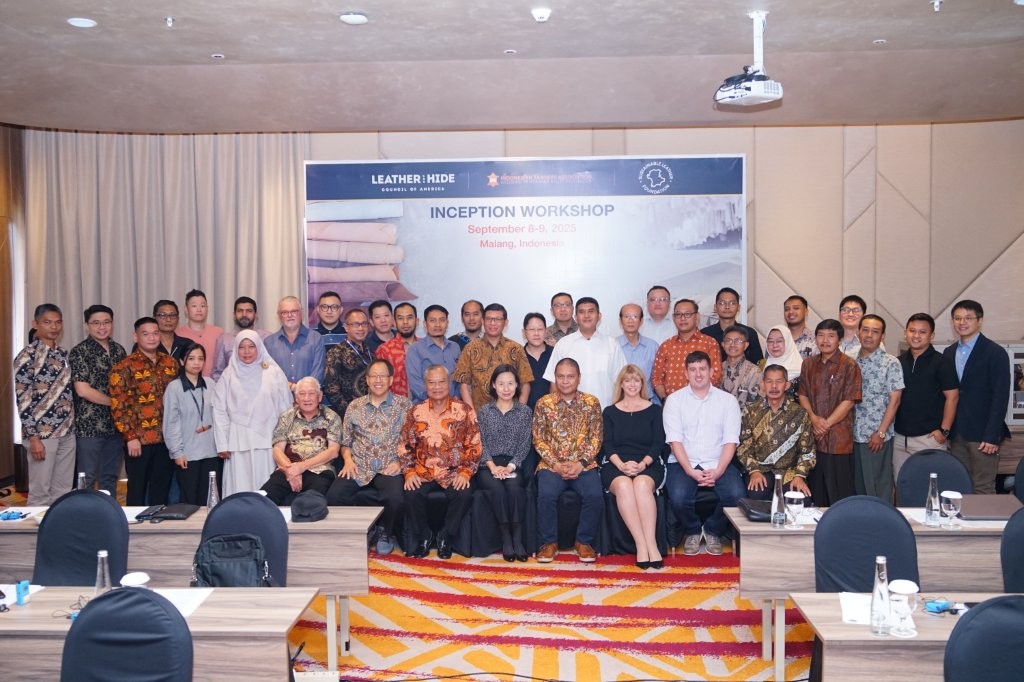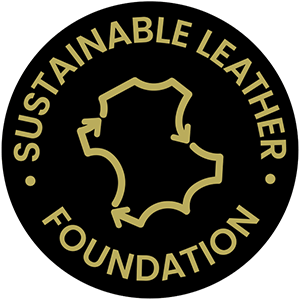Leather and Hide Council of America Regional Training Program
Sustainable Leather Foundation (SLF) has been contracted by L&HCA to provide training and certification under it’s Regional Agricultural Promotion Program that seeks to expand the capacity of the US to export hides and leather to target countries.
A priority as part of that effort is to build in local capacity to be able to support best practice in leather manufacture for further export to the international market. The target areas within this project include Africa, South Asia, Southeast Asia and Latin America
SLF is providing a systematic training, support and certification program for selected facilities within the target geographies and is working with leather/livestock associations in those geographies for a cohesive and endorsed approach. The program comprises 5 key elements: Workshops, Preliminary Assessment Visits, Development and Improvement, Formal Audits, Action Plan for Continued Development.
SLF plans to incorporate as many connections with other internationally recognised sources of good support as possible, such as the work of UNIDO and their valuable Leather Panel, along with pro-active liaison with regional associations in the target areas to provide local support during and post program.

Step 1: Workshops
Two-day inception workshop that covers the fundamentals of sustainability within the leather industry, incoming and current regulations, understanding of the US raw hide market, followed by practical sessions on environmental, social and governance good practice.
The Workshops are open to all interested leather industry stakeholders; tanneries, product facilities, associations, educational institutes.
Step 2: Preliminary Assessment Visits
In each region, from the tanneries that attend the Workshop, 8 of them will be selected to benefit from from the full program of support and certification. This will commence with a preliminary assessment visit (PAV) that is designed to assess the current standard and performance of a facility across the ESG requirements of SLF. No preparation is required and this first visit will result in a PAV report that identifies areas that meet standards, areas of short term improvement and areas for longer term development.
Step 3: Development And Improvement
Using the personal PAV report, and with the support of the SLF team and regional technical liaison provided by the local associations, the tanneries will have a 3-6 month period to prepare for a formal audit. This period includes regular drop in sessions with the SLF team to ask for advice and exchange with other program participants. The tanneries will all have full access to the SLF Toolbox including the Technical Library, Standards and Benchmarks, Templates, Guidance Notes, Pathway Papers and Glossary to assist them.
Step 4: Formal Audit And Certification
Following the end of the development and improvement period, each tannery will undergo a formal audit to achieve certification in as many sections as possible across the SLF Transparency Dashboard for environmental, social and governance aspects. Tanneries will receive Audit Certificates, Partner Profiles and Dynamic QR codes to raise their visibility as a responsible leather manufacturer
Step 5: Action Plan For Continued Development
As part of the formal audit reporting, facilities will receive details on where continued development can take place to enable them to continue developing. This plan may include more long term development goals that could require investment or additional time for implementation.
Local resource will be trained to continue to support the facilities and all will have continued SLF support until the end of their 2-year audit period.
Africa
The 2-day inception workshop took place in Addis Ababa on 18-19th November 2024. In association with ALLPI, 35 attendees represented 14 different African countries.

Project Partner Tanneries
- Afritan Leather, Burundi
- Awash Tannery, Addis Ababa
- Aziz Tannery, Ethiopia
- Burundi Prosperity Tannery, Burundi
- Kawumu Leather Industry, Uganda
- Reddamac Industries, Ethiopia
- Topsoil, Zambia
- Trogon Tannery, Malawi
Indonesia
The 2-day inception workshop took place in Malang, Indonesia on 8-9th September 2025. In association with APKI, 25 tanneries, together with 5 associations and educational institutes were in attendance.

Project Partner Tanneries
- CV Cisarua, Cianjur, Indonesia
- PT Aggio, Malang, Indonesia
- PT Kaunia Kulit, Malang, Indonesia
- PT Nasional Djawaw Kulit, Malang, Indonesia
- PT Rohmat, Magetan, Indonesia
- PT Sumber Setia, Probolingo, Indonesia
- PT TrioPutera, Utama, Indonesia
- UD Nogosari, Indonesia
